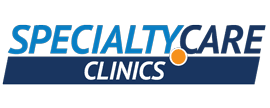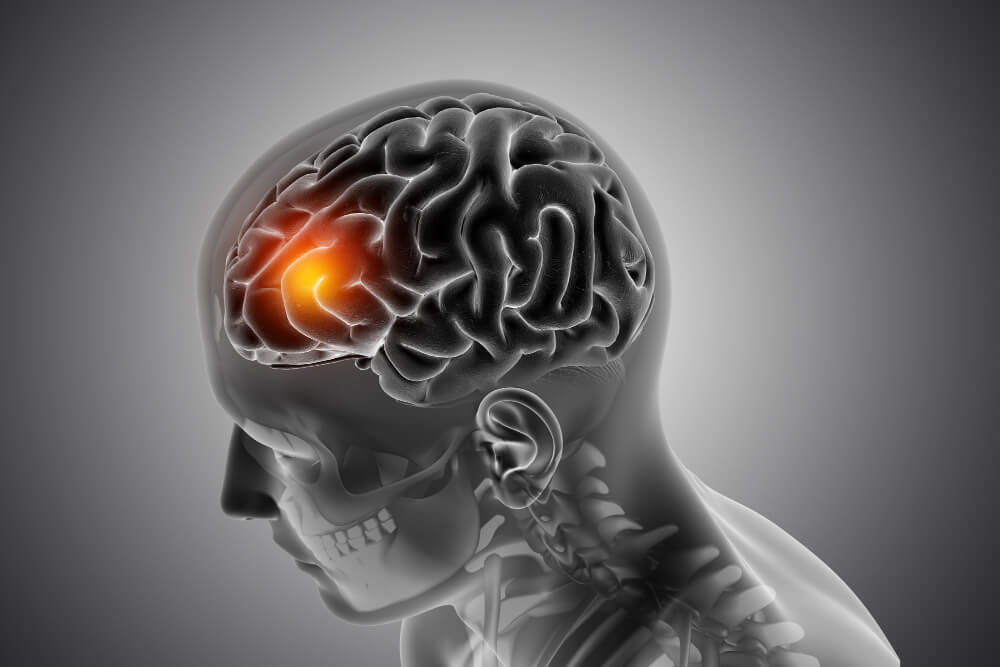Beyond Weakness: Understanding Speech Abnormalities and Stroke
Stroke is a medical emergency that occurs when blood flow to a part of the brain is interrupted. This interruption can be caused by a blockage (ischemic stroke) or a burst blood vessel (hemorrhagic stroke), leading to brain cell death and potential long-term disabilities. While weakness, paralysis, and difficulty moving are well-known signs of stroke, other symptoms may go unnoticed or be misinterpreted.
One such under-recognized symptom is speech abnormalities. Speech is a complex process that involves various brain regions working together. When a stroke affects these areas, it can lead to difficulties with communication. This article sheds light on the link between vascular health, stroke, and speech problems.
The Link Between Vascular Health, Stroke, and Speech
The brain is the control center for all bodily functions, including speech. Speech production involves a coordinated sequence of events:
- Formulation of thoughts: The frontal lobe of the brain is responsible for formulating thoughts and ideas you want to communicate.
- Language processing: The temporal lobe plays a crucial role in processing language and understanding the meaning of words.
- Motor control: The Broca’s area (located in the frontal lobe) and Wernicke’s area (located in the temporal lobe) are responsible for coordinating the muscles involved in speech production, such as the tongue, lips, and vocal cords.
If a stroke disrupts blood flow to any of these areas, it can lead to speech difficulties. The type and severity of the speech abnormality depend on the location and extent of the stroke damage.
Types of Speech Abnormalities After Stroke
Here’s an overview of some common speech abnormalities that can occur after a stroke:
- Aphasia: This is a language disorder that affects a person’s ability to communicate. There are different types of aphasia, each impacting communication in specific ways. For example, Broca’s aphasia can make speech production slow and laborious, while Wernicke’s aphasia can lead to difficulty understanding or using language correctly.
- Dysarthria: This condition affects the muscles used for speech production. People with dysarthria may have slurred speech, difficulty with pronunciation, or a weak voice.
- Apraxia of speech: This is a rare condition that affects a person’s ability to plan and coordinate the movements needed for speech.
The Impact of Speech Abnormalities
Speech abnormalities can significantly impact a person’s life after a stroke. Here’s how:
- Communication difficulties: Individuals with speech problems may struggle to express themselves, understand others, or participate in conversations. This can lead to feelings of isolation and frustration.
- Emotional impact: Speech difficulties can be emotionally distressing, leading to anxiety, depression, and a decreased quality of life.
- Social challenges: Difficulty communicating can make it challenging to maintain social interactions and participate in social activities.
The Importance of Early Intervention
Time is critical when it comes to stroke treatment. The sooner a stroke is diagnosed and treated, the better the chances of recovery. If you or someone you know experiences any sudden changes in speech, along with other stroke symptoms like weakness, numbness, or facial drooping, it’s crucial to seek immediate medical attention.
Treatment Options for Speech Abnormalities After Stroke
There are various treatment options available for speech abnormalities following a stroke, including:
- Speech therapy: A speech-language pathologist can work with the patient to improve their speech skills, communication strategies, and swallowing abilities.
- Augmentative and alternative communication (AAC): This can involve using various tools and techniques to help individuals communicate, such as picture boards, electronic devices, or specialized software.
- Medications: In some cases, medications may be used to improve muscle control or cognitive function, which can indirectly help with speech production.


